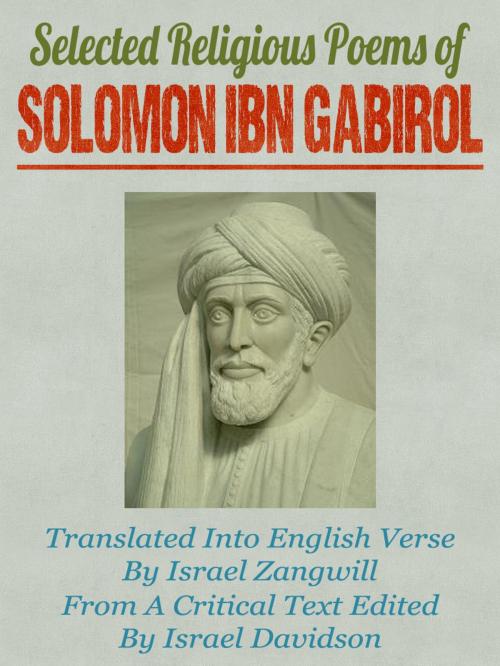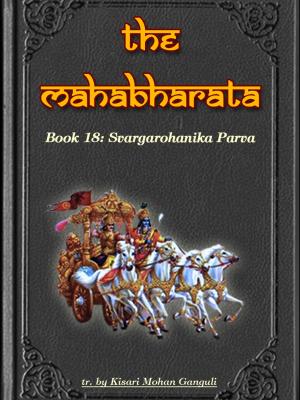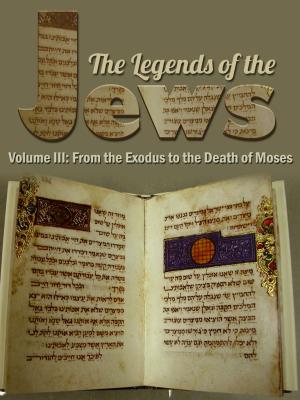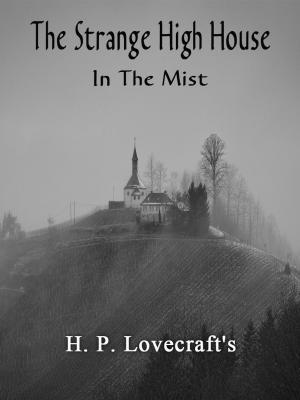Selected Religious Poems Of Solomon Ibn Gabirol
Fiction & Literature, Short Stories, Classics, Romance| Author: | Solomon ibn Gabirol, Israel Zangwill | ISBN: | 1230000036815 |
| Publisher: | AppsPublisher | Publication: | December 3, 2012 |
| Imprint: | Language: | English |
| Author: | Solomon ibn Gabirol, Israel Zangwill |
| ISBN: | 1230000036815 |
| Publisher: | AppsPublisher |
| Publication: | December 3, 2012 |
| Imprint: | |
| Language: | English |
Selected Religious Poems of Solomon ibn Gabirol
by Solomon ibn Gabirol, tr. by Israel Zangwill
A key medieval Jewish Spanish poet and philosopher's devotional poetry, some of which was adopted into liturgy.
"Solomon ibn Gabirol (b. 1021, d. ca. 1058) was a Jewish Neoplatonist philosopher and poet who lived in Spain during the Islamic period. His devotional poetry, featured here, is considered among the best post-canon, and portions of his poetic works have been incorporated into the Jewish liturgy. However, only two extensive works of his have survived, a collection of his poems, translated here, and a philosophical treatise, the Fountain of Life, which, ironically, was thought to be the work of a Christian until the mid-19th century.
An extended extract from the Fountain of Life is also available at this site.
Of some interest here is the extensive discussion of the structure of the cosmos in the extended poem 'The Royal Crown,' which includes a section which describes each of the celestial spheres in turn. He gives specific astronomical facts which were state of the art in the 11th century. He states that the outer planets, the sun and stars are much larger than the earth (although the specific numbers he gives are a bit too small!). The Royal Crown additionally provides a poetic abstract of the philosophical theories found in the Fountain of Life. Also apparent are references to Kabbalistic concepts, or perhaps Gabirol influenced later Kabbalists. But the focus of these poems is Gabirol's intense relationship with God, which pervades every aspect of his writing. Interwoven are themes of the anticipation of the Messiah, the sorrow of the diaspora, and the meaning of life. Indeed, at one point (# 37) he laments that his only prayer is for God to explain "life's interpretation.
Selected Religious Poems of Solomon ibn Gabirol
by Solomon ibn Gabirol, tr. by Israel Zangwill
A key medieval Jewish Spanish poet and philosopher's devotional poetry, some of which was adopted into liturgy.
"Solomon ibn Gabirol (b. 1021, d. ca. 1058) was a Jewish Neoplatonist philosopher and poet who lived in Spain during the Islamic period. His devotional poetry, featured here, is considered among the best post-canon, and portions of his poetic works have been incorporated into the Jewish liturgy. However, only two extensive works of his have survived, a collection of his poems, translated here, and a philosophical treatise, the Fountain of Life, which, ironically, was thought to be the work of a Christian until the mid-19th century.
An extended extract from the Fountain of Life is also available at this site.
Of some interest here is the extensive discussion of the structure of the cosmos in the extended poem 'The Royal Crown,' which includes a section which describes each of the celestial spheres in turn. He gives specific astronomical facts which were state of the art in the 11th century. He states that the outer planets, the sun and stars are much larger than the earth (although the specific numbers he gives are a bit too small!). The Royal Crown additionally provides a poetic abstract of the philosophical theories found in the Fountain of Life. Also apparent are references to Kabbalistic concepts, or perhaps Gabirol influenced later Kabbalists. But the focus of these poems is Gabirol's intense relationship with God, which pervades every aspect of his writing. Interwoven are themes of the anticipation of the Messiah, the sorrow of the diaspora, and the meaning of life. Indeed, at one point (# 37) he laments that his only prayer is for God to explain "life's interpretation.















